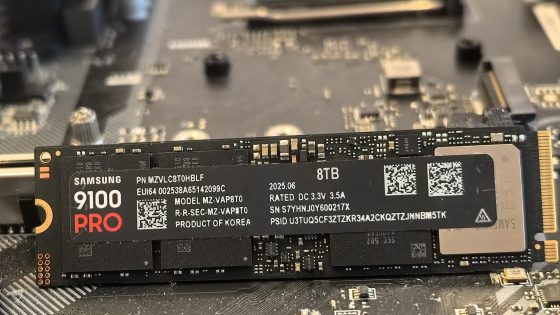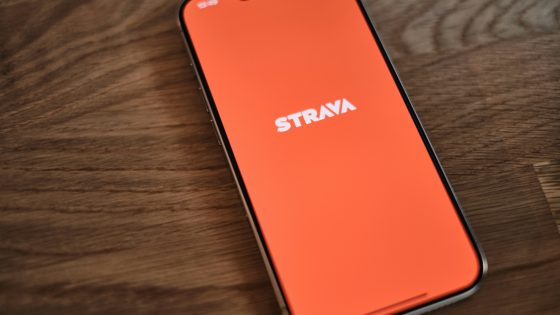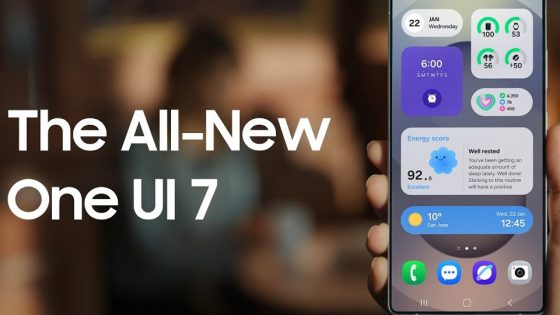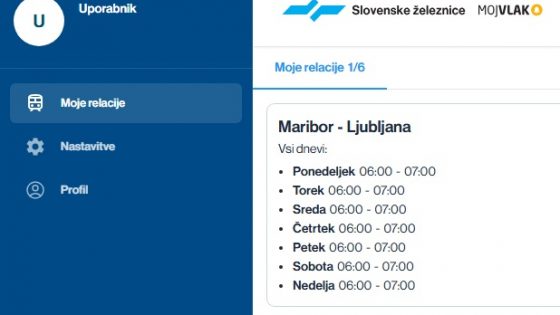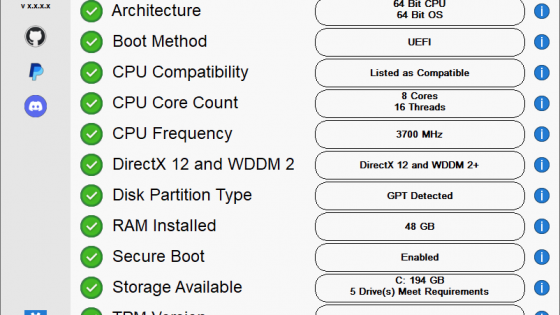Google made it possible to block the use of its artificial intelligence
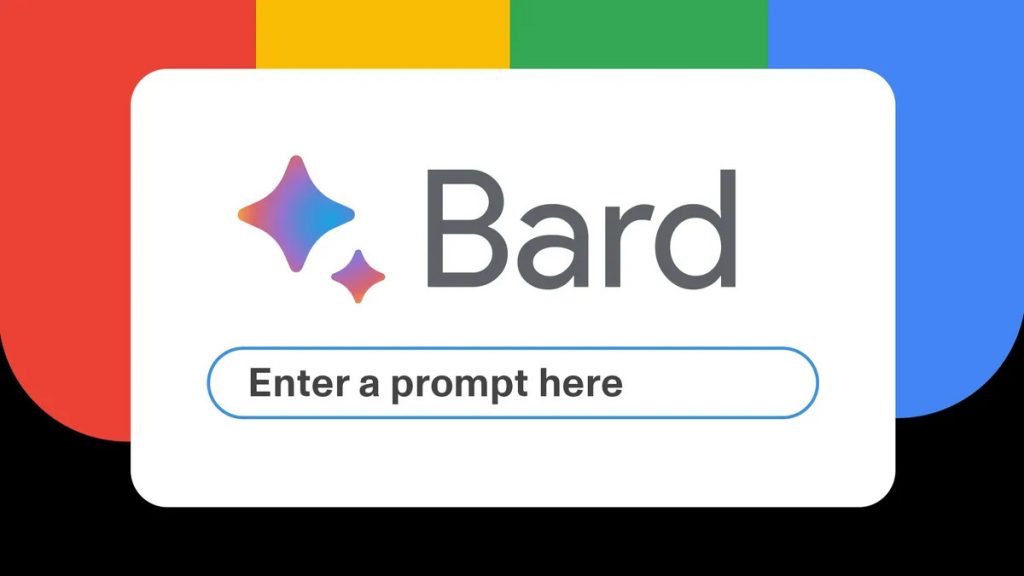
Google recently announced a new "standalone product token," Google-Extended, that allows control over whether Bard and Vertex AI can access content on a given website.
Bard is Google's conversational AI tool, similar to the most familiar ChatGPT. Vertex AI is Google's machine learning platform for building and deploying generative AI-powered search and chat applications.
“Today we’re announcing Google-Extended, a new way of controlling that website operators can use to improve Bard and Vertex AI, including the next generations of products that will be based on these two models. Using Google-Extended, a website operator can choose whether or not to help the AI evolve to become even more accurate and capable over time.”
–Danielle Romain
What is Google-Extended anyway? It is a simple text file that website operators can use to block access to artificial intelligence developed by Google from using the website to retrieve data.
All the administrator of a particular website has to do is add a text file “robots.txt” into which they enter two simple parameters, namely “User-agent: Google-Extended”, which tells Google’s artificial intelligence that it is “them” and “Disallow: /”, which means that they do not have access to this website or are not allowed to “read” it.
A similar option is offered by GPTBot, which blocks the use of the most popular artificial intelligence ChatGPT to “read” websites. Currently, 242 of the 1,000 most popular sites in the world already block access to ChatGPT. These include pinterest.com, theguardian.com, usatoday.com, stackexchange.com, webmd.com, dictionary.com, washingtonpost.com.





